Louise Redknapp's health battles including 'worst condition doctors had seen'
Louise Redknapp: From Pop Stardom to Personal Battles — and Finding Her Own Kind of Freedom
Louise Redknapp (born 4 November 1974) first shot to fame as part of the girl-band Eternal in the early 1990s, before later embarking on a successful solo career. During that heady period of public attention she also married footballer Jamie Redknapp in 1998, further raising her media profile. But behind the bright lights and chart success, Louise reveals she has long been battling serious skin and confidence issues.
A skin condition she didn’t expect
Louise has disclosed that, from childhood, she was diagnosed with hyperpigmentation—a condition where certain skin areas darken due to excess melanin production. The more specific form she struggled with is often termed melasma or hormonal pigmentation. For example, she shared:
“I have quite dark skin, and when I had my son, I suffered quite bad pigmentation; I had dark patches on my face. Everyone said it would go, but it would take a very long time for them to even slightly disappear.”
Her struggles intensified in her twenties—especially after the birth of her eldest son, Charley (born 2004). She stated that one dermatologist told her: “It was one of the worst pigmentation cases I’ve seen.”
The condition affected her significantly:
“On one hand I was so happy having this gorgeous baby, and on the other hand I didn’t know what I was going to do with my face.”
She describes how, while her career demanded she look flawless, her face looked to her like “the world map” with patchy pigmentation. This exacerbated feelings of vulnerability and a lack of control.
The impact on confidence and public life
As someone accustomed to being in the spotlight, Louise found this invisible but very real struggle undermined her self-esteem. She admitted:
“There’s been lots of times in life that maybe being worried about how I looked has held me back from really living in the moment and enjoying things… Every moment being on the beach, worrying that somebody might take a picture of you from an unflattering angle.”
Much of this is borne out in her interviews: for example, she shared that while others may not focus on her skin condition, to her it felt all-consuming. “The things that we think are terrible – blemishes on our face, pigment on our face – people might notice it, but it’s not the first thing they judge you on.”
Beyond skin, Louise has also been open about her mental-health journey. She has revealed that during her time in the spotlight and after significant life changes, she was prescribed antidepressants to help keep her head above water.
Her earlier membership of Eternal also came with pressures: she once said that although she appeared successful, internally she “felt really lost… my confidence was low”.
Seeking solutions – and embracing authenticity
Diagnosis and treatment for pigmentation can be complex. Louise explains that after her son’s birth, laser therapy was ruled out because of her naturally darker skin tone (which can make laser-based interventions riskier). Instead, she tried peels, strict sun-protection (SPF), and finally found a skincare routine that helped: she noted that after about 12 weeks of consistent use of a targeted serum, she “genuinely saw the transformation”.
She has increasingly used her platform to speak candidly about these issues — going makeup-free in holiday snaps to show her pigmentation, for example — in the hope of helping others who struggle in silence. Reflection, reinvention & self-acceptance
Louise’s story is not just about struggle — it is also one of growth and change. In recent interviews she reflects on how her younger self might have been too pre-occupied with external image and less with internal wellbeing:
“I’ve realised that all my biggest fears have kind of happened… And I survived. I’m all right.”
She says she no longer feels the same pressure to look a certain way for media consumption; instead she emphasises authenticity and being present. One interview described how she’s now more attuned to real-world compliments (“you look glowing”, “you look super happy”) rather than just “you look perfect”.
Why her story matters
-
It highlights how skin conditions like hyperpigmentation and melasma—often dismissed as “just a cosmetic issue”—can have deep psychological, social and career ramifications.
-
It shows how for women in public life, pressures around appearance can compound both visible and invisible health challenges (skin, hormones, mental-health).
-
It underlines the value of open dialogue: by speaking publicly, Louise helps normalise the often-silent experience of body image struggles, giving others permission to speak or seek support.
-
It underscores a shift in the media landscape: showing that while image still matters, the ability to speak truthfully about imperfection is increasingly valued.
News in the same category

Why Your Rosemary Keeps Dying — And The Easiest Hack To Save It

Baking Soda Makes Flowers Bloom and Fuller? 10 Best Garden Hacks Most Don’t Know

Quentin Tarantino’s foot fetish rumors are here again — thanks to Uma Thurman’s daughter

Singer Jelly Roll claims he was ‘treated like a criminal’ in Sydney Louis Vuitton store
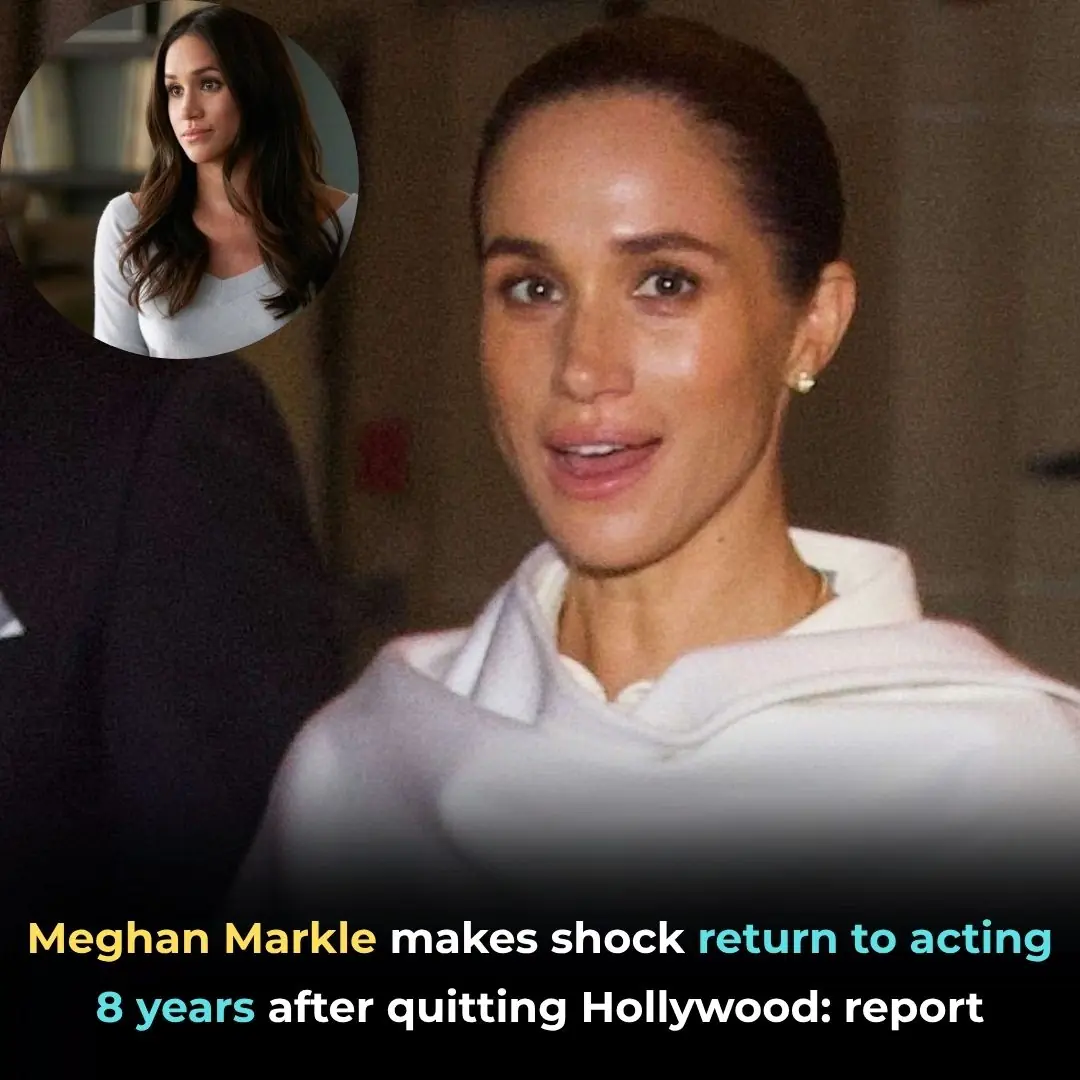
Meghan Markle makes shocking return to acting 8 years after quitting Hollywood: report

Selling Sunset’s Chelsea Lazkani tears up after brutal Mary snub

This New Jersey Woman Plants Nursery Inside An Abandoned Police Kiosk

Jennifer Aniston Finally Addresses Rumor She Had Affair With Barack Obama

Do You Think Like an FBI Agent

You Are Doing It All Wrong. Here’s the Right Way to Water Plants in Winter

Don’t Junk Your Eggshells. Hang Them in Your Garden Instead. Here’s Why

12 Top Perennials for Containers That Return Year After Year

You Are Doing It All Wrong. Here’s the Right Way to Prune Plants Before Frost

My nana taught me this hack to make orchids rebloom fast in 5 minutes with 0 work — here’s how it really works

Angela Witherspoon Is Downsizing. See What She’s Asking for John Witherspoon’s L.A. Estate

Kevin Hart Calls His Friend Investments ‘An Endless Pit of Bankruptcy.’ And He’s Not Joking

Meet The First Black Woman To Earn a Ph.D. in Neuroscience from the University of Rochester

Strictly Come Dancing fans desperate to know if Vito Coppola is married as he and Ellie Goldstein leave show
News Post
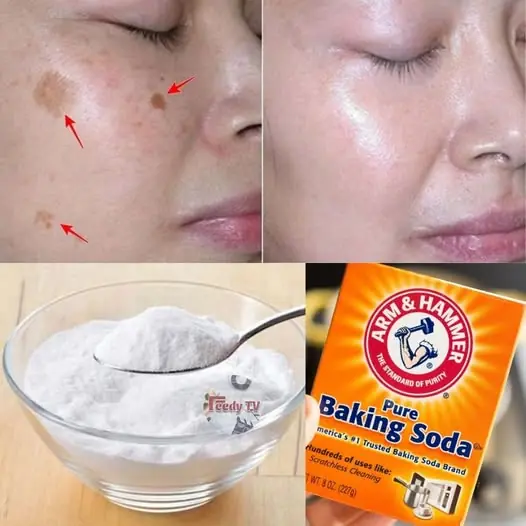
4 Ways To Erase Age Spots with Baking Soda for Youthful Even Skin

How to cook sticky rice without soaking the rice overnight
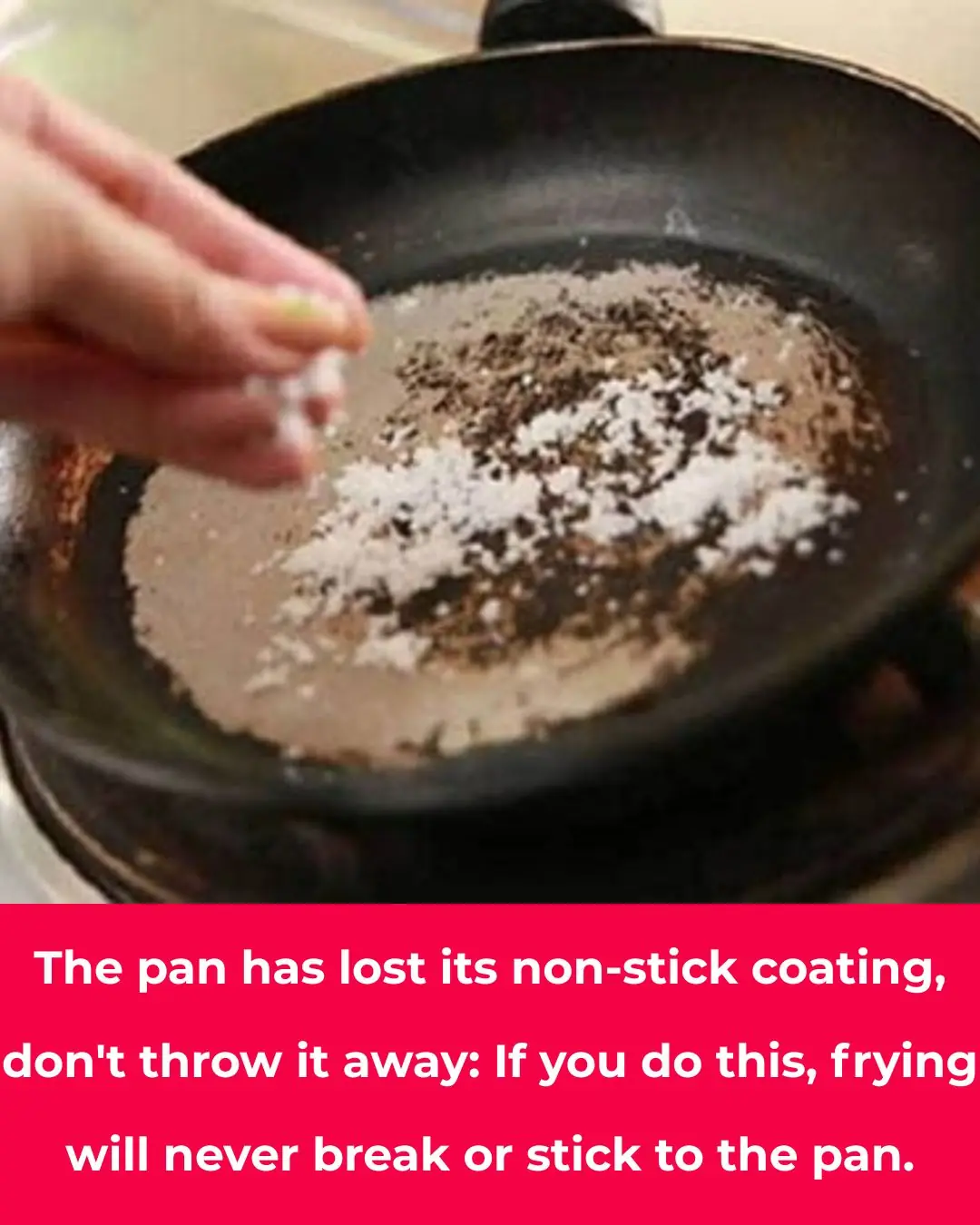
The pan has lost its non-stick coating, so don't throw it away
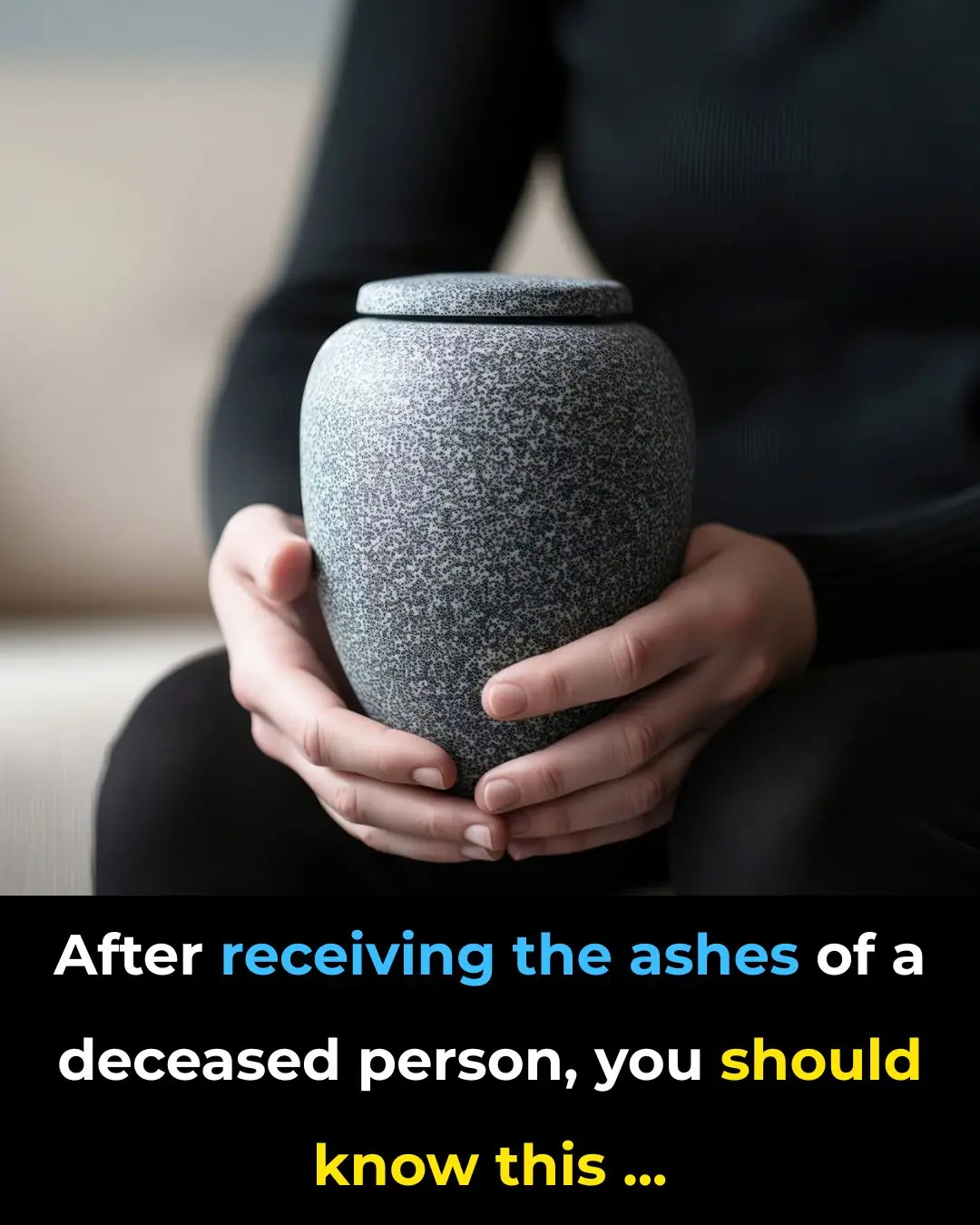
After receiving the ashes of a deceased person, you should know this...

🔧 What the Little Button on Your Seat Belt Really Does – A Tiny Feature With a Big Purpose 🚗✨

The one thing 98.7% of people do to lower blood pressure without medication
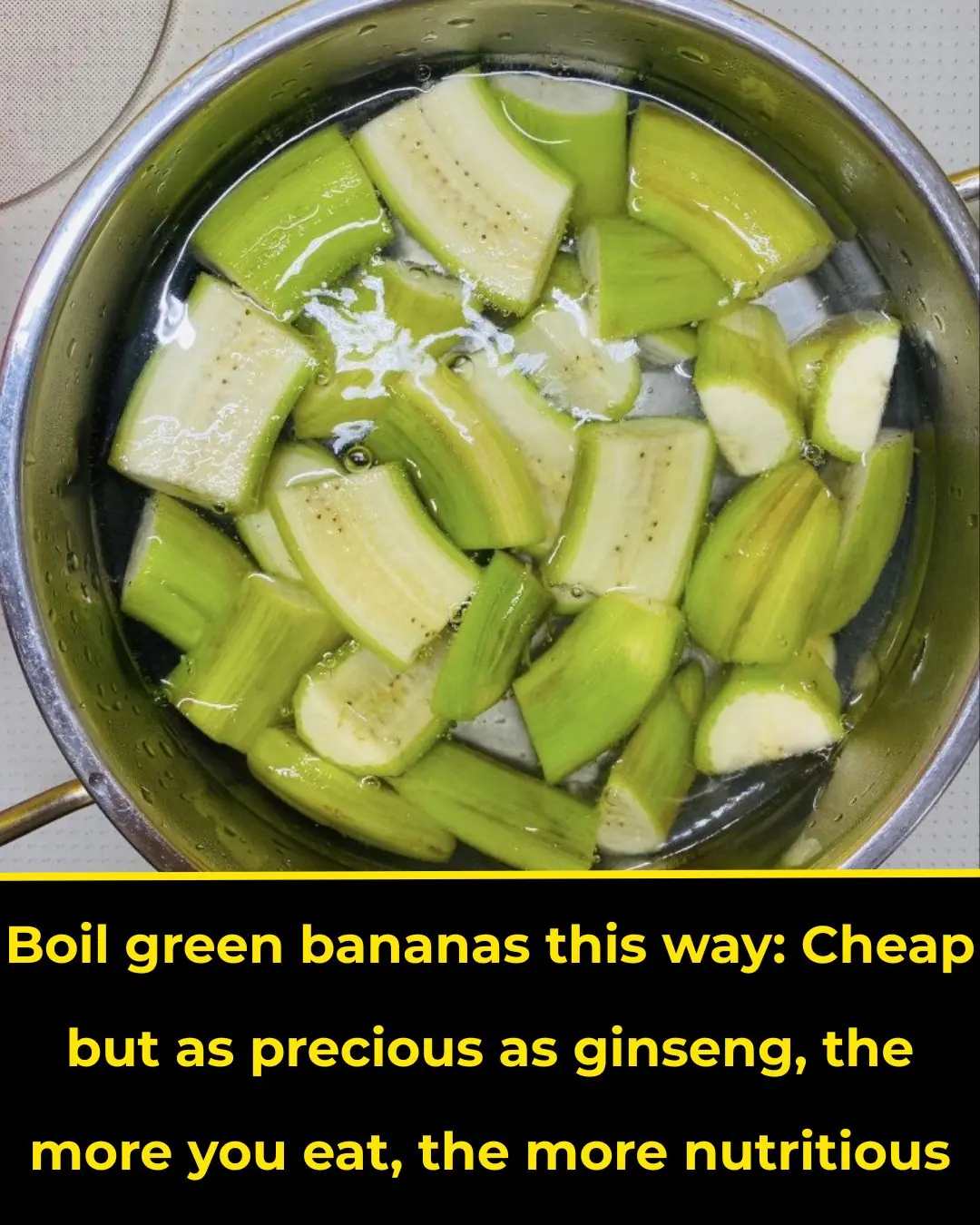
Boil green bananas this way

Why Flight Attendants Often Carry a Banana on Board: The Surprising Benefits

Turmeric dosage: this is how much turmeric you actually need to eat for arthritis, cancer and other diseases

Don’t Toss Your Lemon Peels! 8 Smart Ways to Save Money and Make Life Easier
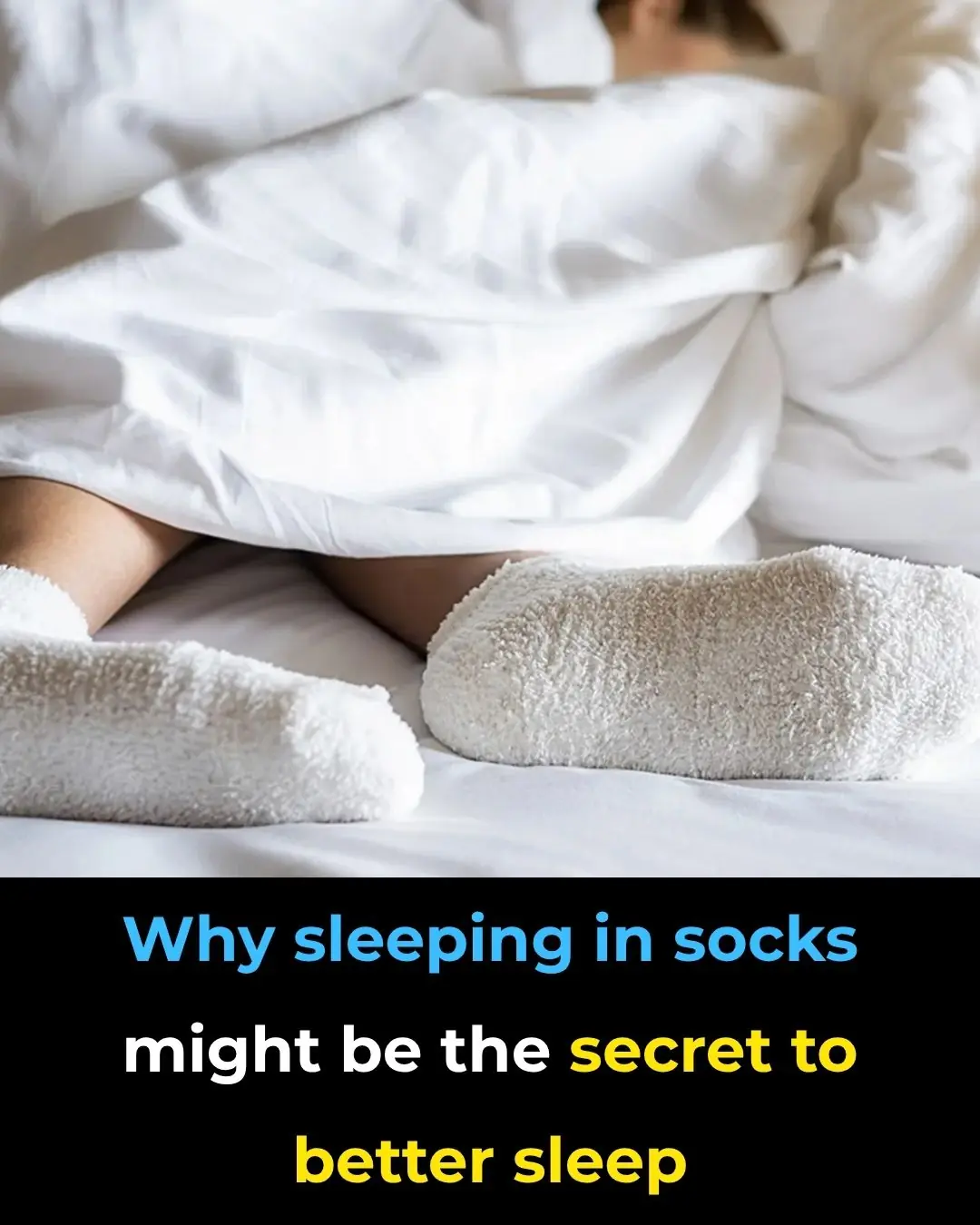
Why Sleeping in Socks Might Be the Secret to Better Sleep

The 1-cup bedtime drink that stops you from waking up at 3 AM
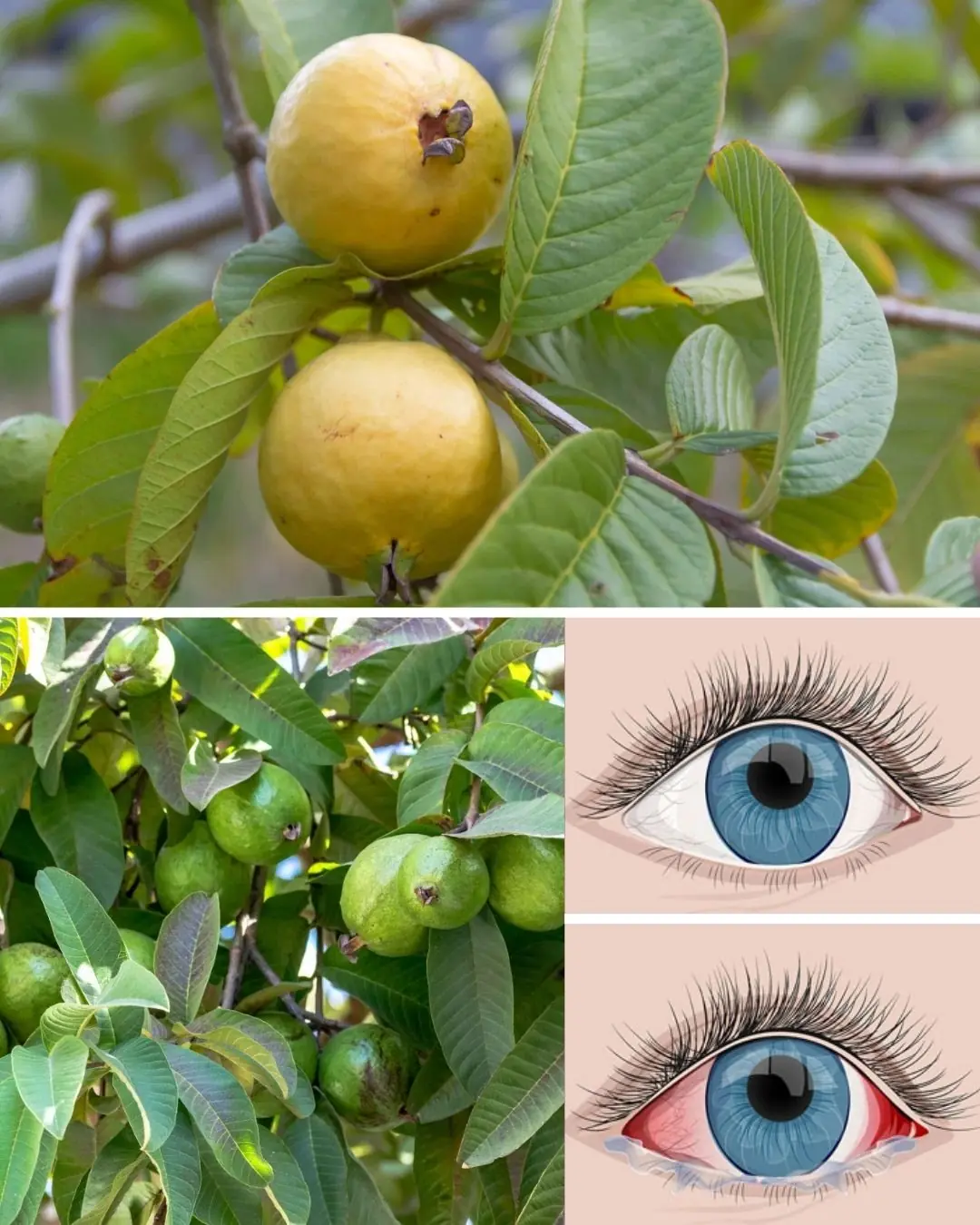
How to Use Guava to Care for Your Eyes: Natural Remedies That Surprise 🌿

The secret to making your own tomato sauce at home

Why Hot Dogs and Processed Meat Might Be the Most Dangerous Foods of All Time

Can you eat moldy food? Here’s what you MUST throw out.

Cancer hates these 6 fruits—eat them to fight back!

New Food Stamp Rules Start in November...
“Now this method is so clever! Wish I thought of it!”
